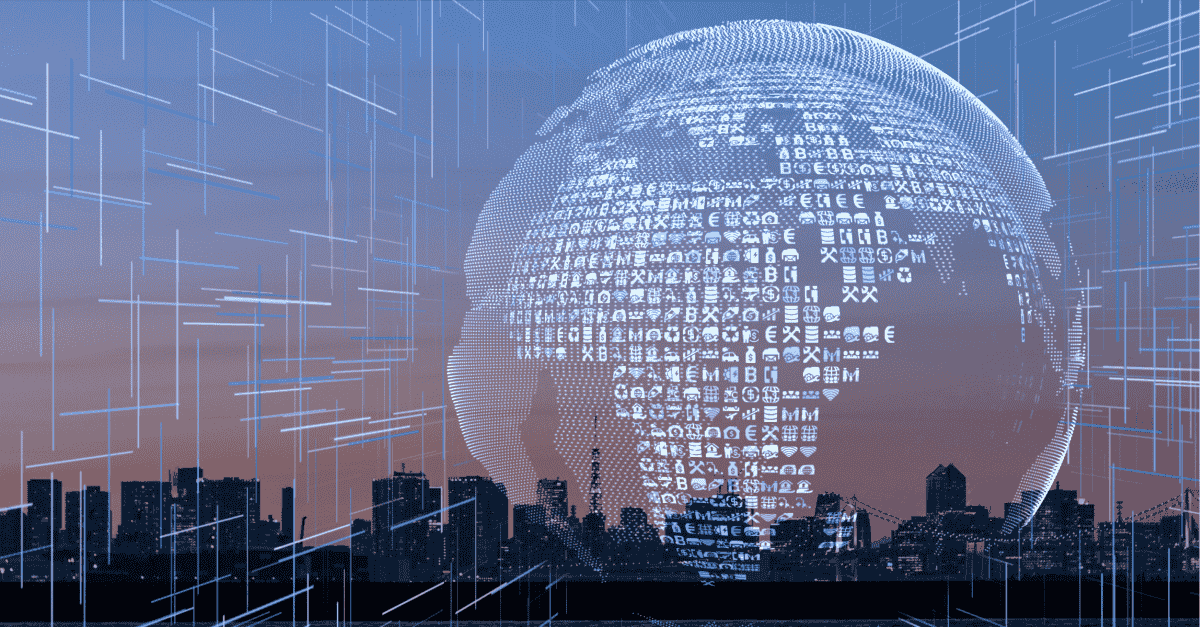In recent years, the travel industry has been reshaped by innovations in technology and automation.
The rise of AI and machine learning is set to revolutionise the tourism sector, transforming how we plan, research and book travel, and brands must keep up with this trend in order to get ahead.
In this article we will explore the key AI trends within the tourism industry, as well as how these technologies can be used by travel brands to enhance the customer experience and increase efficiency.
Is machine learning already a thing in the Travel Industry?
Machine learning in the travel and hospitality industries is indeed already a thing, and it is growing at a rapid rate. With the introduction of new and increasingly advanced AI technologies this trend is only set to continue.
Some examples of AI in the travel and tourism industries include the use of facial recognition technology in airports and the use of social media chatbots to assist consumers with their travel bookings.
Travel giants Expedia and Kayak have already launched plugins for ChatGPT, enabling consumers to receive real-time and tailored assistance for anything from in-destination recommendations to booking a trip. Flight search website Skyscanner also uses social media chatbots, providing travellers with recommendations, flight deals and even price alerts based on their travel dates.

What are the AI trends for AI in Tourism?
As AI continues to become more advanced, there are a number of existing and emergent AI trends within the travel industry. Some of the AI trends in tourism are:
- Social media chatbots
AI powered virtual assistants and chatbots provide instant responses to customer queries, with the ability to handle numerous requests at the same time. Intelligent chatbots can also help customers with their travel planning and booking, offering a tailored service according to their specific needs.
- Data analytics
Data analytics and big data allow travel brands to create more personalised and targeted offerings for their clients. AI helps to collect, process and analyse a vast amount of data quickly and accurately in order to gain invaluable information on customer behaviour and industry trends, enabling companies to make more informed predictions and decisions.
- Facial recognition
Facial recognition technology is already being used in the travel industry, with many airports authenticating the identity of passengers using advanced biometrics. This trend is set to grow and become even more accurate, allowing for faster and easier check-ins as well as added security.
- Dynamic price tracking
Using predictive analysis, AI algorithms analyse data such as market demand and competitor pricing in order to optimise dynamic pricing strategies. This allows travel brands to offer the most competitive prices and maximise revenue opportunities by adjusting pricing based on levels of demand and availability.
- Intelligent baggage handling
Another example of AI in the airline industry is intelligent baggage handling and scanning, a task that is prone to human error. AI tools and biometrics can be used to track and trace a customer’s luggage, reducing mistakes such as lost luggage and increasing airport security.
- Robotics
Artificial intelligence and robotic technologies are already being utilised in the tourism and hospitality industries to automate tasks such as customer service and check-ins. During the pandemic, Heathrow Airport introduced robots to provide real-time flight updates and to guide passengers to check-in desks and bag drops in a number of different languages.

What are the impacts of artificial intelligence and robotic technologies in the tourism and hospitality industries?
AI offers huge opportunities for companies within the tourism and hospitality industries. Some of the benefits of AI for travel brands include an enhanced customer experience and improved productivity. AI can also save time and money, reduce the risk of human error and offer advanced safety and security.
For travel agents, AI can enable more efficient travel planning by generating optimised and tailored itineraries that suggest the best routes, attractions and activities.
Because of the highly personal nature of travel and the importance of excellent customer service, it is important for brands to retain a human element to their communications. However, if used correctly, AI allows brands to gain invaluable insights into consumer behaviour, offer more personalised services and become faster in answering customer queries.
Which are the main use cases of AI in the travel industry?
AI can be used throughout many areas of a travel business. According to Rezdy, some of the main use cases of AI in travel are:
- Travel booking and planning
- Revenue management
- Customer service
- Finances and accounting
- Self-service technology
- Marketing and advertising
Brands within the travel industry are embracing the power of AI to offer more personalised experiences, streamline their operations and optimise decision making. As AI continues to advance, these types of technologies are only going to become more prevalent, and travel brands must adopt some form of AI in their business practices now in order to keep up.


